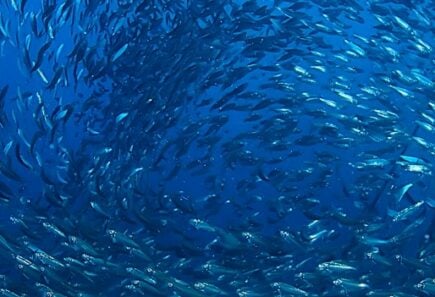
Our ocean is threatened. Alternative seafood is one solution.
Jen LamyLearn how GFI and partners are scaling the science that we need around plant-based, cultivated, and fermentation-derived seafood to improve our oceans' health.

Learn how GFI and partners are scaling the science that we need around plant-based, cultivated, and fermentation-derived seafood to improve our oceans' health.
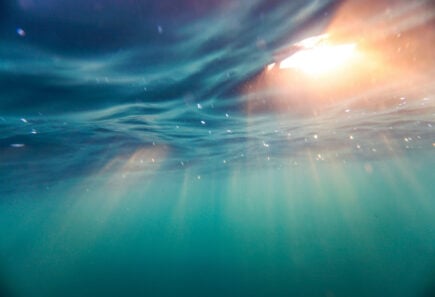
With open-access research funding from NOAA, alternative seafood could help protect our oceans and bolster U.S. seafood production.
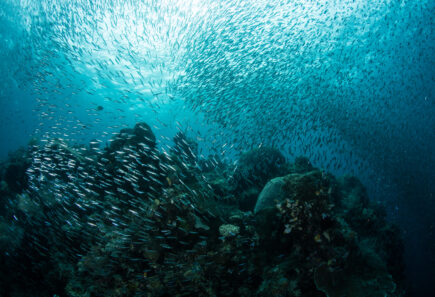
Global efforts to curb emissions, protect marine biodiversity, and reduce the impacts of climate change on our oceans should include investments in plant-based and cultivated seafood.
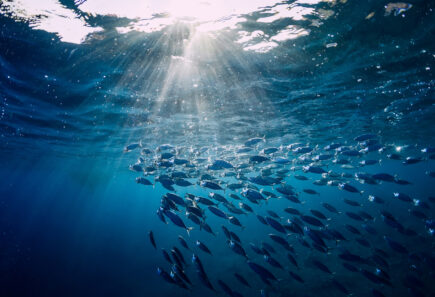
Support from governments, academia, and nonprofits will help ensure cultivated seafood reaches its full potential to sustainably meet the global demand for seafood and restore the health of our oceans.

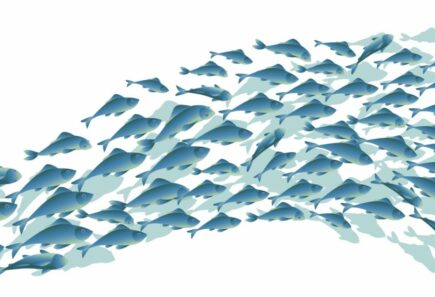
To sustainably meet the growing global demand for seafood, we need to bring more alternative seafood products to market. That's why GFI's Sustainable Seafood Initiative is launching ATLAS: a tool designed to accelerate alternative seafood development and commercialization.
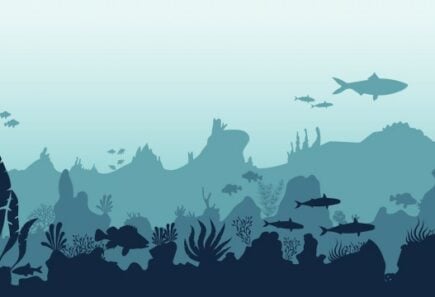
The World Sustainability Organization, in partnership with GFI's Sustainable Seafood Initiative, announced it will begin certifying plant-based seafood products under their Friend of the Sea certification program.

To feed a growing global population safe and nutritious seafood for generations to come, we need to think outside of the box. BlueNalu's partnership with legacy seafood industry player Nutreco demonstrates how we can quickly and sustainably advance the plant-based and cultivated seafood industries.

As meat companies like Tyson and Smithfield have been increasingly diving into the plant-based meat space, the Van Cleve Seafood Co. very well may be at the forefront of a similar trend in plant-based seafood.

New U.N. report points to growing environmental concerns in our oceans. Plant-based and cultivated seafood offer a sustainable solution.